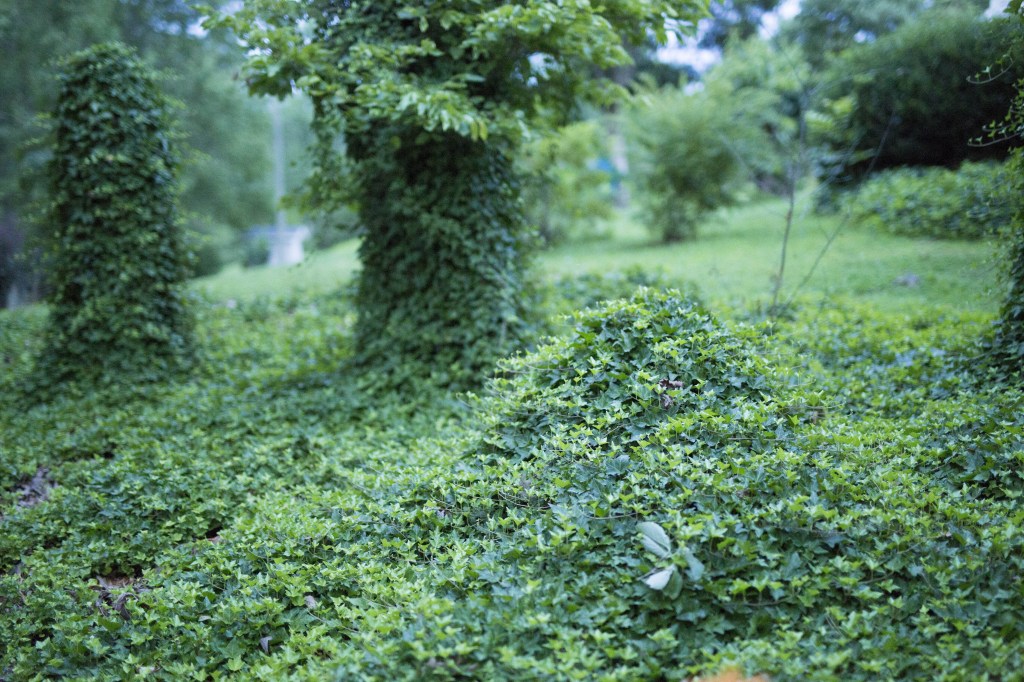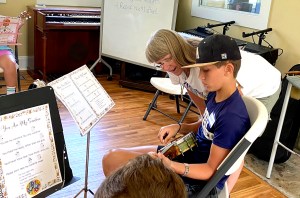HOME & GARDEN SPOT: Beware of invasive pests
Published 9:30 am Wednesday, May 15, 2019

- Kudzu, a plant native to China, is just one example of a common invasive plant species. Vines can grow up to a foot a day.
With summer just around the corner, many people will be gearing up to make travel plans. Unfortunately, people are not the only ones on the move this summer. Spring and summer are critical times when damaging invasive species emerge and easily spread.
Invasive species include plants, animals and insects. Marla Faver, an Alabama Extension regional agent and plant diagnostician, said these species can have a negative effect in a new environment.
Trending
“Species introduced into a new environment often have negative impacts to the ecosystem,” Faver said.
According to the USDA, invasive species cost the United States about $40 billion each year in damages and control efforts.
“Invasive species are spread primarily by humans,” Faver said. “Transportation of these species can be both intentional and unintentional.”
In addition to human movement, some common ways these species spread include:
• Unsuccessful attempts to control other invasive species;
• Escaped imported animals and plants; and
Trending
• International and interstate highways, canals and rivers.
Prevention
The USDA offers the following tips on preventing the introduction of invasive species into a new environment:
• When moving to a new home. Check patio furniture, grills, bikes and other outdoor items for insect eggs before moving them;
• When traveling. Before doing an out-of-state trip, make sure your car, RV or other vehicle is cleaned first. Check any hard-to-see areas to make sure they are free of soil, egg masses and insects;
• When traveling internationally. Be aware of returning with unusual plants, souvenirs made from plants, wood or even a piece of fruit. U.S. laws prohibit many of these items from entering the country because they could harbor invasive pests;
• When mailing homegrown plants, fruits and vegetables. Be aware when mailing anything from home gardens. If you live in an area quarantined for a specific pest, don’t mail produce or plants from your garden to others;
• When moving untreated firewood. Some invasive pests burrow inside wood to lay their eggs. Don’t take untreated firewood with you on outdoor outings. Instead, buy certified, heat-treated firewood or responsibly gather wood at your destination; and
• When buying plants for your garden. When buying garden items, ask the retailer if they comply with federal and state quarantine restrictions. Before buying plants online, check if the seller is in the U.S. If they are in another country, you might need import documents to bring the items into the U.S.
Plant diagnostic labs
There are three plant diagnostic labs throughout the state, located in Auburn, Birmingham and Gulf Shores. These labs offer services related to plant, soil and insect samples. Samples are examined and control recommendations are provided based on the findings.
For more information on cost and services provided, visit Alabama Extension online or contact your county Extension office. The Auburn Plant Diagnostic Lab in Gulf Shores is the newest lab.
— Dee writes for the Alabama Cooperative Extension System. For information on topics related to the home and garden, contact any office of ACES. The Limestone County Office is at 1109 W. Market St., Athens. Office hours are 8 a.m.-4:30 p.m. Mondays through Fridays. For more information, call 256-232-5510 or visit www.aces.edu.



